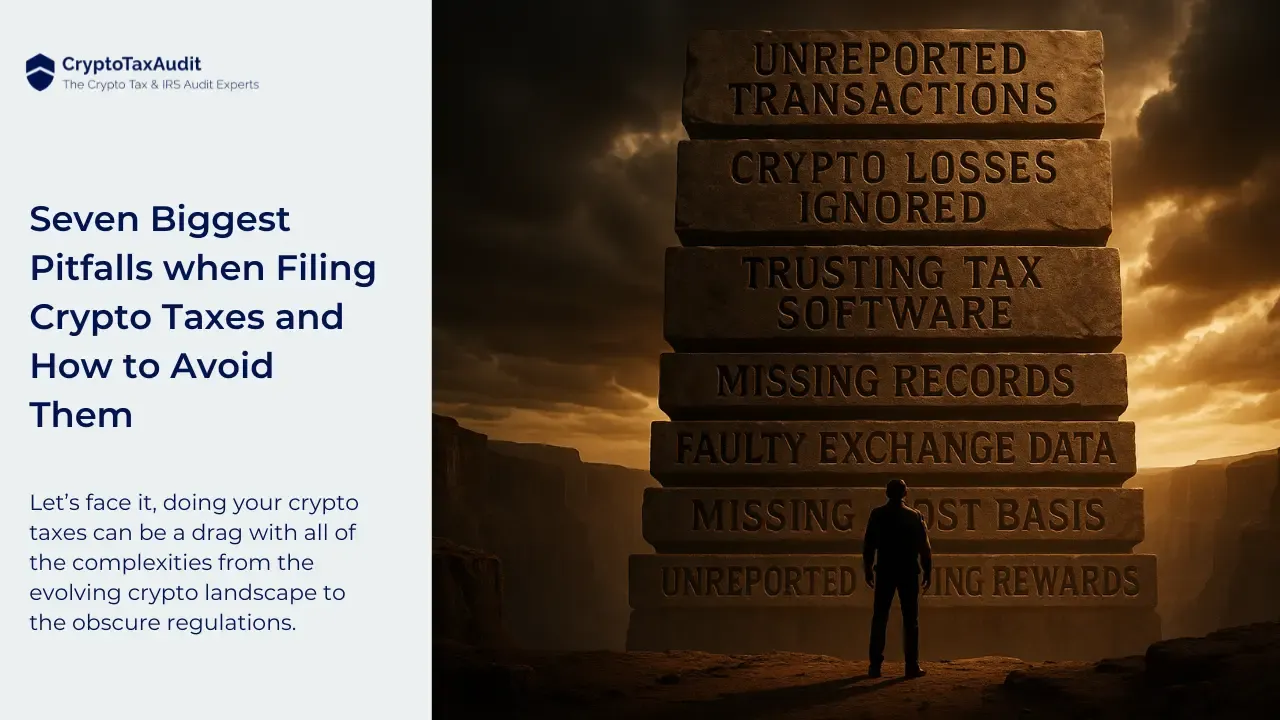
The IRS has taken notice of the rise in the popularity and the value of NFTs, or non-fungible tokens. Their proposal to treat NFTs as collectibles, or tangible works of art, is problematic. Before you buy your next NFT, you need to understand what the IRS is proposing and what taxes you may need to pay.
The rise of the NFT.
In recent years, the world of cryptocurrency has seen a surge in popularity with the rise of non-fungible tokens (NFTs). These unique, one-of-a-kind works have captured the attention of investors, collectors, and artists alike. NFTs, which are unique digital assets that can represent ownership of various items such as artwork, music, and virtual real estate, have gained immense value and have become a hot topic in the financial world.
What the IRS is trying to do.
Despite the excitement or perhaps because of it, the Internal Revenue Service (IRS) is now proposing a ruling that could have significant implications for NFT holders. Under this ruling, NFTs would be classified as collectibles. As such, they would be subject to a higher long-term capital gains tax rate of 28%, rather than the standard rates of between 15% and 20%. This potential tax increase has sparked concern and debate among the NFT community.
In this article, we will delve into the details of the IRS plan to tax NFTs as collectibles, explore the potential impact on NFT holders, and provide insights from experts in the field.
Understanding the IRS Notice on NFTs.
The IRS issued an informational notice, number 2023-27, seeking public opinion on the taxation of NFTs as collectibles. This notice raised the possibility of applying the higher long-term capital gains tax rate of 28% to NFT transactions. While the notice does not provide definitive guidance, it signals the IRS's intent to address the taxation of NFTs as separate and unique in the crypto space.
The current tax landscape for NFTs.
Prior to the IRS notice, many NFT holders had been reporting gains from NFT transactions using the general capital gains rate. As I mentioned earlier, this rate ranges from 15% to 20% for long-term capital gains, depending on the taxpayer's income level. However, the proposed ruling would subject NFTs to the higher collectibles rate of 28%.
The implications for NFT holders.
As you can imagine, the potential reclassification of NFTs as collectibles and the subsequent increase in tax rates have raised concerns among NFT holders. Many individuals and organizations have accumulated significant collections of NFTs, which they may have held for an extended period. The higher tax rate could lead to substantial tax liabilities for these individuals and may impact their ability to continue investing in NFTs.
Expert opinions on the IRS plan.
The classification of NFTs as collectibles is an important question that requires clarification. While some NFTs resemble traditional collectibles, such as sports cards and NBA Top Shot moments, the majority of NFTs represent digital and intangible assets. It is significantly challenging to identify the underlying asset's collectible status on a case-by-case basis, given the thousands of different NFT projects.
Defining collectibles.
To understand the potential classification of NFTs as collectibles, it is essential to examine the definition of collectibles in the tax code. Tax code section 408(m) defines collectibles as "any work of art, rug, antique, metal or gem, stamp or coin, alcoholic beverage, or any other tangible personal property specified by the secretary."
Notably, the tax code excludes gold and silver bullion and platinum from the definition of collectibles.
The tangibility debate for NFTs.
One of the key arguments in the discussion surrounding the taxation of NFTs as collectibles is the issue of tangibility. The tax code explicitly refers to tangible personal property when defining collectibles. However, NFTs represent digital files, typically in the form of JPEGs or other image files, which are intangible assets. This distinction raises questions about whether NFTs can be classified as collectibles under the current tax code.
When is something a work of art?
The term "work of art" is not defined in the law. Not just any piece of art is a work of art.
This term is used when a piece is created by an artist of great skill. Skill is not measured in popularity, as is often the case with NFTs. It is measured by appreciation over time, critical evaluation, and peer review among other factors.
Challenges in applying the ruling.
If the IRS proceeds with classifying some NFTs as collectibles, implementing and enforcing the ruling may present significant challenges. The NFT market is incredibly diverse, with thousands of projects and unique assets. Determining the collectible status of each NFT on a case-by-case basis could be a complex and time-consuming process for both taxpayers and for the IRS.
Tax strategies for NFT holders.
Given the potential tax implications of the IRS ruling, NFT holders may need to consider various strategies to manage their tax liabilities. One approach could involve assessing the holding period of NFTs and strategically timing their sale to qualify for the lower long-term capital gains tax rate, if applicable. Additionally, seeking professional advice from tax experts who specialize in cryptocurrency tax could provide valuable insights and guidance in navigating the complex tax landscape.
What can you do?
The IRS's plan to tax NFTs as collectibles has raised concerns and uncertainty within the NFT community. While the IRS seeks public opinion on the matter, the potential increase in tax rates for NFT transactions could significantly impact NFT holders.
As the IRS further explores the taxation of NFTs, it is crucial for taxpayers and industry professionals to stay informed and adapt their strategies accordingly. Seeking professional advice and staying updated on any future guidance from the IRS will be vital in navigating the evolving tax landscape for NFTs.
DISCLAIMER: Opinions and perspectives of the author, host, and guests. It should not be construed as U.S. taxpayer advice. There are often multiple interpretations of tax law. Various strategies may be suited to specific individuals and for particular situations. Seek out professional tax, legal, or financial advice from CryptoTaxAudit or from other reputable companies.





